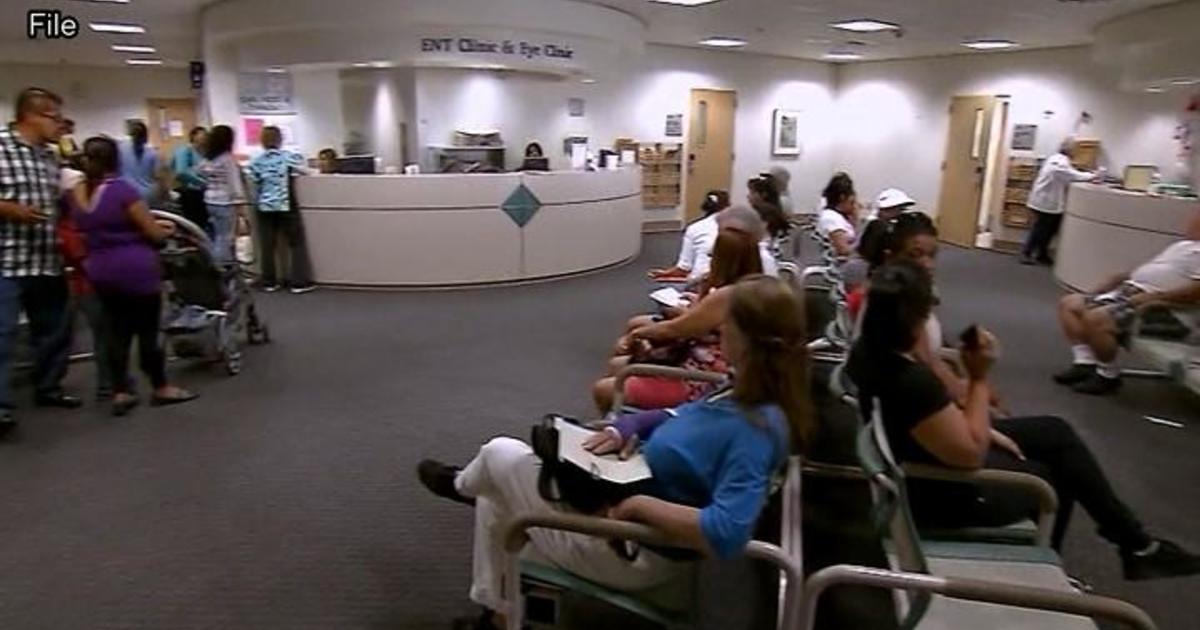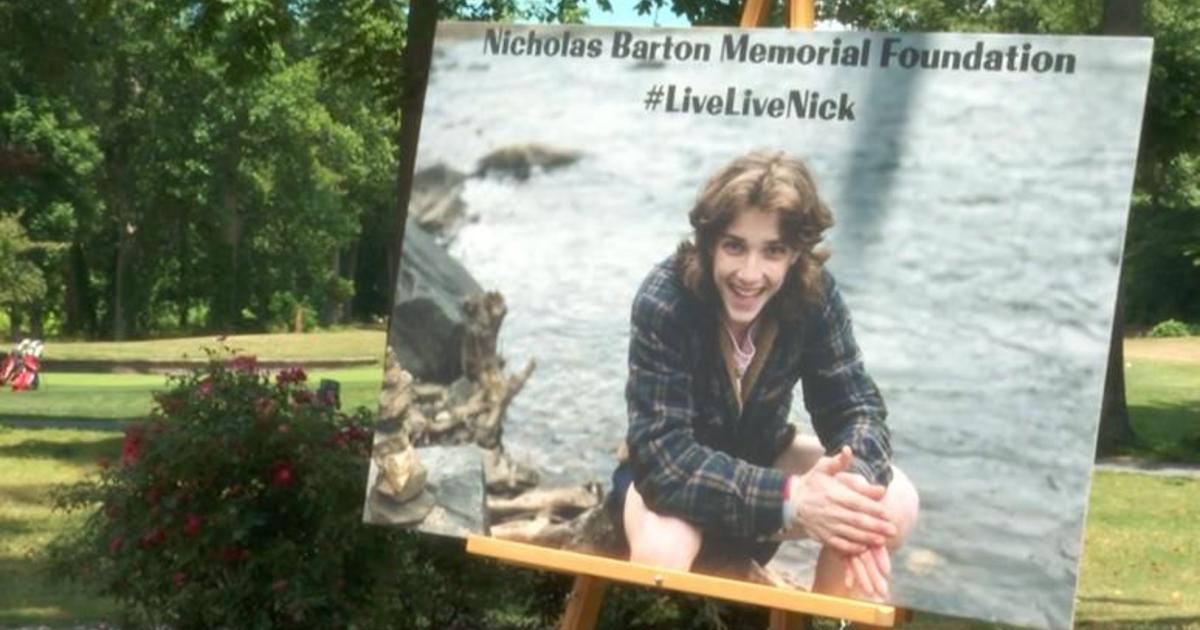New Scientific Discovery Backs Up Big Bang Theory
BALTIMORE (WJZ)—Prepare to think small to imagine something very big. In this case, it's the spark of the big bang itself.
Alex DeMetrick reports a new discovery backs up the theory of how our universe began.
Long before telescopes like the Hubble brought the far away close up, people have been asking a very old question.
"Anyone who's ever gone out and looked at the night sky has had to wonder at some point, where did this come from and how did it happen?" said Bill Harwood, CBS space consultant.
Now a radio telescope at the end of the Earth may have detected the beginning of us, looking up from the South Pole past all the galaxies of the universe into a cloud of microwave radiation.
It formed 13.8 billion years ago like smoke from exploded gunpowder.
Inside that microwave cloud, scientists have, for the first time, found gravitational waves like shock waves-- confirming there was a big bang.
"They're sometimes called the first tremors of the big bang, and they do arise at what's believed to be the first instance of the expansion of the universe," said Dr. John Kovak, Harvard University.
An expansion that began from something infinitesimally small, that's been ballooning out ever since. It's the first evidence of the very start of time and space as we know it.
"And we're talking about things that happened in the first trillionth of a trillionth of a trillionth of a second. I mean it's mind boggling to think how close to the beginning scientists are now getting," Harwood said.
The expansion from the big bang continues. A Johns Hopkins professor won a Nobel Peace Prize after finding evidence the universe will continue spreading outward, long after the last stars burn out.
Other Local News:



